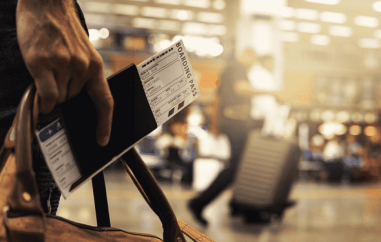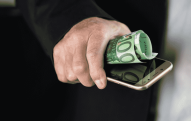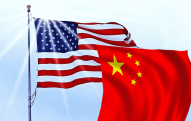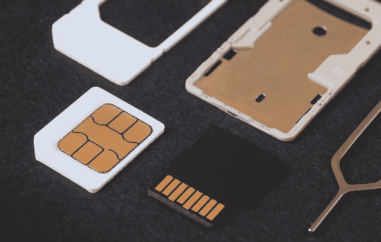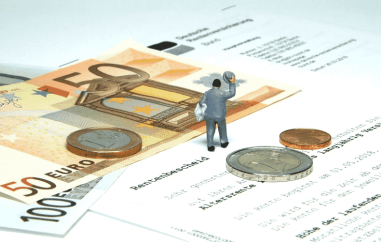Anyone who has studied economics remembers lessons on Germany's hyper inflation of the early 20th century. It is impossible to forget the photos of wheelbarrows full of money lined up around shops. Germany's attempt to pull itself out of debt by printing inordinate amounts of money is often shown as an example of what not to do when implementing monetary policy.
The economic crisis has brought us to a point where quantitative easing (printing money to stimulate the economy) has become standard in several large economies, particularly in the USA. Last week, Japan announced measures to double its country's money supply over the next two years. The question is, why would anyone take such a big risk, having seen the possible outcomes?
Japan has been deliberately driving the value of the yen down since the financial crisis began. One US dollar now buys thirty percent more Japanese Yen then it did one year ago. Upon announcement of its intention to print money, the Yen dropped against all major currencies. The benefits of a low currency for Japan lie in its trade.
Japan is an export country; exporting large numbers of cars every year. As the economic downturn intensified, Japan saw its exports plummet to its worst figures in 30 years. A strong yen coupled with low foreign demand meant sales were crippled. Japan needed to take action. A lower Yen means lower prices internationally and increased demand. By manipulating the yen's value, they were able to increase trade through lower prices abroad. This could stimulate the economy and produce desperately needed growth.
While there are no wheelbarrows full of money and inflation has not ballooned out of control, Japan is still playing a risky game. Trading rivals in Asia are not happy with the action, with some in China calling on its government to do the same. South Korea is also likely to suffer. South Korea and Japan compete in 7 out of 10 of their largest exports. If trade from Korea begins to suffer dramatically, they could be forced to adopt the same strategies.
If China and Korea increase the flow of money, the entire region could be forced to do the same, resulting in destabilization of the regions finances. Both Korea and China saw their currencies boosted by the decision, hurting future trade options.
The Yen carry trade is likely to be reignited as well. This is a practice where finance houses borrow money in Japan where interest rates are much lower and invest in other countries like Australia where interest rates are much higher. Brazil has implemented capital control measures to avoid the flow of such hot money into its economy.
Japan has further issues domestically. Social cuts have been implemented to try and reduce Japanese debt, which is over twice its GDP. Consumption tax is set to increase to ten percent and the drop of the yen means imports will cost more. All this adds up to a strong likelihood of high inflation. There are also rising calls among right-wingers for the nation to rebuild its army in order to stimulate the economy.
Head of the conservative Japanese Restoration Party (polling around 10%) Shintaro Ishihara said "Japan should become a strong military power, nation's voice can be backed by military power and the economy. A defence industry can best contribute to revitalising a nation's economy. To discuss possible nuclear armament is an option for Japan's future."
While they are not in power, the party's comments hint at a change in Japan. Its new aggressive approach threatens financial instability in the region and could contribute to future conflicts. The key is whether the approach stimulates the economy and helps Japan out of recession. If it does, then things will calm down. If it doesn't, it could hurt both Japan and its neighbours.
